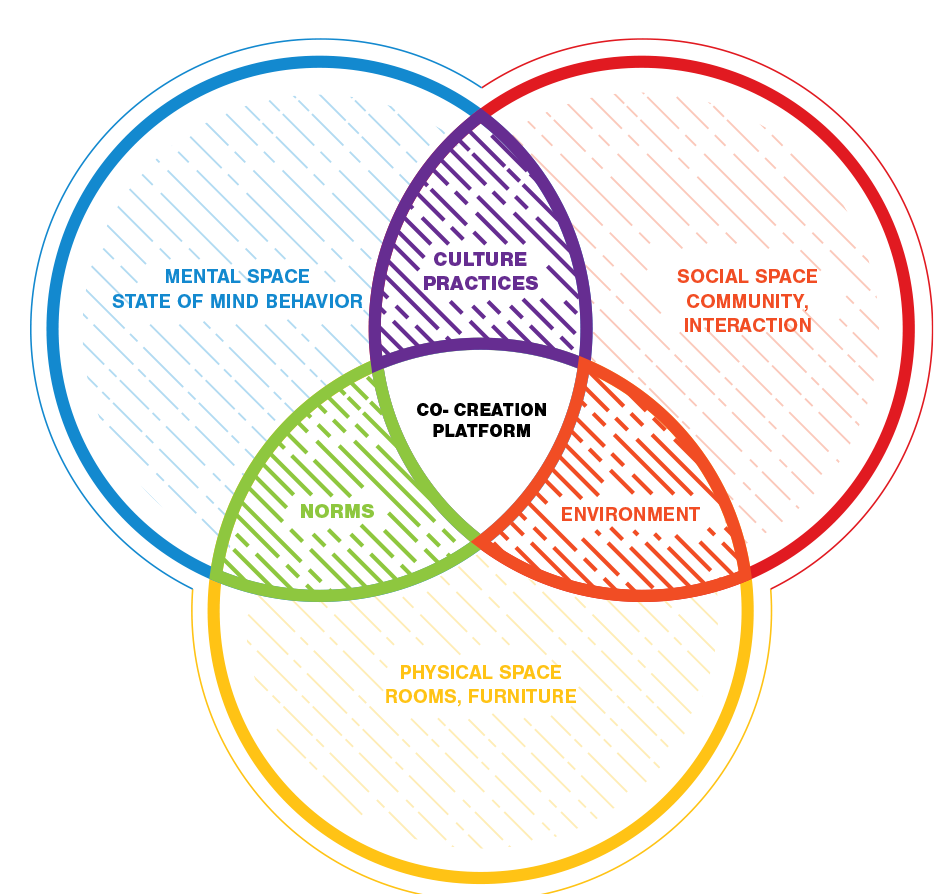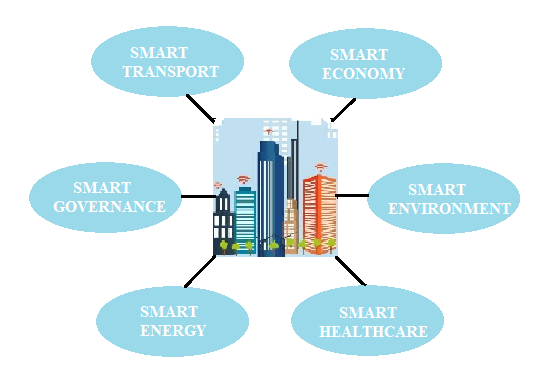If you are interested in current Smart Cities research, our quarterly journal focused on this topic is well worth the attention. EAI Endorsed Transactions on Smart Cities publishes research articles, reviews, commentaries, editorials, technical articles, and short communications. In this blog, we present 5 research articles from this journal, that are fully accessible for free in our EUDL open library.
Pedestrian Detecting System for vehicles as an efficient way to prevent road incidents
Safe road traffic, clean environment, environmentally friendly vehicles, and eco-buildings are components of the world’s vision of immediate future supported by scientists and statesmen. It is also the main topic of the research article by Michal Balog, Angelina Iakovets, and Stella Hrehova (Technical University of Kosice).
Aspiration for a healthy environment and sustainable development of technologies give life for the idea of smart cities, which consist of all these visions towards the modern world. In this paper, the authors researched the connection between pedestrians and the alarm system of the vehicle to prevent road incidents with the help of RFID technology.

Road Traffic RFID Pedestrians Detecting System for Vehicles appears in issue 9 of EAI endorsed transactions on Smart Cities journal.
The agent-based modelling and big data technology integrity can optimize supply chain in oil and gas industries
The worldwide oil & gas industry is one of the most complex business networks, and is connected with almost every supply chain branch.
In recent years the industry has been changing into a more heterogeneous and diverse network of businesses, and the oil fields are getting smaller and more diverse. One of the reason could be dwindling the oil reserves and growing specialized companies which are able to extract hydrocarbons; another reason is the restructuring and globalization of the entire business as well as some new technology implementing. Using agent-based modeling and big data technology integrity, we are able to optimize supply chain in oil and gas industries.
This research article by Jamal Maktoubian (University of Mysore), Mehran Ghasempour-Mouziraji (Islamic Azad University of Sari), and Mohebollah Noori (Islamic Azad University) helps us understand how supply chain management could play a vital role in order to promote business profitability and decrease costs in every industry. Oil and Gas supply chain optimization using Agent-based modelling (ABM) integration with Big Data technology appears in issue 9 of EAI endorsed transactions on Smart Cities journal.
World’s Most Sustainable Education Building
How to make the most of an academic community through norms, culture and practices within the academic environment? Universities have expanded their role from educational centres of cities to focal points of the knowledge economy due to their increased connection to industry and private sectors. However, many university campuses function in old-fashioned facilities that are unable to keep up with these fast societal changes. This situation creates many opportunities to develop better facilities into spaces that accommodate today’s knowledge workers – students, staff and visitors.
Fifteen semi-structured interviews with stakeholders of the Department of Industrial Design (ID) from Eindhoven University of Technology (TU/e) have been conducted in a case study that aims to understand the approach knowledge workers have when navigating the university knowledge space to maximize benefits of their local community.
Thematic analysis has been performed and ten themes describing norms, culture and practices within the environment emerged. The findings indicate that the conditions needed to facilitate community building in the university are contextual planning, on-time rich information and serendipitous interaction. The paper expands the literature on university knowledge spaces by placing emphasis on community building and participatory communication in the context of smart city infrastructure.

You can access the article Exploring Opportunities for Community Building in Atlas – the World’s Most Sustainable Education Building by Silvia Cazacu, and Matthias Rauterberg (Eindhoven University of Technology Eindhoven) in issue 9 of EAI endorsed transactions on Smart Cities journal.
Real-time GIS analytics and spatial intelligent decision-making in the era of big data for smart cities
The rapid growth of the urban landscape from natural development, traffic congestion, crime, and waste management has become a challenge to the city dwellers and decision-makers, thus requiring smart and efficient ways to tackle these problems.
The combination of big data and Internet of Things (IoT) is guiding local communities in achieving the goal of building creative communities. This study by aims to use real-time spatial analytics that integrates state–of–the art ICT approaches with interdisciplinary synthesis for smart solution making process across different sectors of the community. The use of real-time data and coordination of information from multiple city agencies enable policymakers to adjust management strategies in near real-time and can also provide citizens with situational awareness on emergency and non-emergency conditions.
Cities will continue to expand, and emergencies will continue to happen. With a smart city management
approach, cities can be more prepared for planning and responding to these incidents. Cities can achieve faster response times and analyze on the spot. They can better allocate resources and time to the episodes which may be a higher priority. Furthermore, they can enter information quickly, accurately, and uniformly even in intense situations.
The information collected in this research provides the flexibility to show layers of information, and task force leaders have a view of their task forces and, consequently, the enrichment of life by making the community safe, healthy, and sustainable.
Application of real-time GIS analytics to support spatial intelligent decision-making in the era of big data for smart cities by Mbongowo J. Mbuh, Peter Brandt, Kelli Fika, Monica Slinkey (University of North Dakota), and Peter Metzger (Minnkota Power Cooperative) appears in issue 9 of EAI endorsed transactions on Smart Cities journal.
A Systematic Review of Blockchain-based Services for Security Upgradation of a Smart City
The concept of smart city has gained popularity in recent years. Smart cities strive for cost reduction, optimal use of resources and the development of a more sustainable environment.
Considerable advances in modern technologies such as IoT and wireless communication have enabled sharing of data between remote devices which are geared with open data, hence a smart city is susceptible to a number of security threats. It is important to identify these threats, analyze IoT data to improve privacy and security and identify the corresponding consequences. Blockchain has emerged as a promising solution to resolve these challenges. Blockchain is a peer-to-peer shared database technology that cannot be modified once a transaction is recorded and validated.

This study explores the contribution of blockchain to smart cities in terms of decentralized security, immutability, transparency and privacy to provide intelligent, customized and context-aware services to smart city dwellers. A brief overview of this novel technology has been given along with its deployment in a smart city setting, the open issues discussed and prospective scope of blockchain application has been presented. You could access A Systematic Review of Blockchain-based Services for Security Upgradation of a Smart City by Noushaba Feroz (Jamia Hamdard University) in issue 10 of EAI endorsed transactions on Smart Cities journal.
Subscribe to our Smart Cities journal and never miss new content in your field of research.

